Dr. Jennifer Seger, an American Board of Obesity Medicine (ABOM) Diplomate, answers questions regarding the importance of an obesity medicine physician.
 What unique skill set can the obesity medicine physician bring to the bariatric surgical setting?
What unique skill set can the obesity medicine physician bring to the bariatric surgical setting?
Obesity Medicine Specialists (OMS) are physicians who are licensed and board certified in a number of medical fields, most commonly family or internal medicine; however, there are increasing numbers of physicians from other specialties who have made the decision to dedicate a portion or all of their practice to the prevention and treatment of obesity. Because obesity is a chronic disease, the treatment approach needs to involve comprehensive, long term care. The OMS brings a unique skillset to the bariatric surgical practice by utilizing a comprehensive approach encompassing the latest in nutritional science, cognitive behavioral therapy, physical activity guidance, sleep and stress management as well as pharmacotherapy. Many surgical practices are already faced with busy schedules and time constraints and are simply unable to provide this degree of follow up care.
What impact can the obesity medicine physician have on patient outcomes?
Whether it is through an informal professional partnership or a formal business agreement, including a qualified OMS into a bariatric surgical practice is the best way to ensure that patients will receive the ongoing support and comprehensive care which is an absolute necessity in treating the complex nature and chronicity of obesity. The collaboration between an OMS and bariatric surgeon improves patient engagement and provides greater accountability for follow up, which ultimately reflects favorably on patient outcomes. OMS are well trained at helping patients overcome plateaus, which are an inevitable part of every patient’s journey, as they look at all possible contributing factors that may be interfering with the patient’s success. As insurers begin to look more at outcomes to determine benefits and reimbursement, the surgeon’s ability to show strong patient follow rates with long-term, sustainable results will become even more important.
Have you had the experience of working with a bariatric surgeon?
I have had the pleasure of working in a combined medical and surgical bariatric practice for the past 6 years. Beyond taking care of patients who have an exclusion for surgery, OMS are adept at helping patients make the transition to a overall healthier lifestyle, identifying barriers to success, and creating action plans to move past these barriers. By learning more about what a truly comprehensive treatment approach looks like, our surgeons have improved their ability to decipher whether or not a patient has truly made meaningful efforts at losing weight without surgery. While this sometimes means they ‘lose a surgery’ they ultimately ‘gain a referral’, as primary care and other referring physicians want to feel confident that they are referring their patients not only to a skilled surgeon but to an ethical one as well.
Are there any clinical findings or evidence based research supporting the value of obesity medicine physicians and bariatric surgeons working together?
To my knowledge there are no large studies which compare the traditional bariatric surgical practice to a practice which engages an obesity medicine specialist as part of their comprehensive treatment approach for obesity. That being said, our practice is actively working on collecting our data as we have seen a definite improvement in patient outcomes. The benefits are seen not just in overall weight loss and disease improvement but in positive lifestyle changes the patient makes by addressing important psychological and behavioral challenges. Obesity medicine specialists can also serve as an important check point along the pathway to revision to ensure variables outside of anatomical or structural issues have all been addressed sufficiently. As revisions are generally more technically difficult and costly, it is a huge benefit for the patient to have a thorough evaluation addressing all of the factors which have led the patient and surgeon to consider revision.
What is the value of working with an ABOM Diplomate specifically?
It’s important to recognize that any physician can essentially refer to him/herself as a weight loss expert. Being certified by the American Board of Obesity Medicine, ensures the physician has completed a considerable amount of obesity specific continuing medical education and has passed a rigorous exam written by experts in multiple areas of obesity medicine including bariatric surgeons, obesity researchers and experienced obesity medicine clinicians. While it is true in theory that all physicians should be appropriately trained during medical school and residency to provide comprehensive and compassionate care for patients with obesity, this is currently not a reality.
About Dr. Seger
Dr. Jennifer Seger is a graduate of the University of Texas at Austin and the University of Texas Medical School at San Antonio. After completing her residency at the Texas Tech University Health Sciences Center, she established a family medicine practice in San Antonio, where she developed a strong interest in wellness and preventative health care. As a Board Certified Family Medicine physician, Dr. Seger saw many patients affected by obesity yet found herself struggling to provide effective recommendations for them. Dr. Seger decided to dedicate her practice to the prevention and treatment of obesity and became a Diplomate of American Board of Obesity Medicine in 2011. She is currently the director of the medical weight loss program at the Bariatric Medical Institute of Texas, which offers a comprehensive, integrated approach to the treatment of obesity. Dr. Seger is a Board Trustee for the American Society of Bariatric Physicians (ASBP) and recently served as Co-Chair for the development of ASBP’s Obesity Algorithm. She is active in her community and serves on a local Student Health Advisory Committee and a local school wellness committee. She enjoys teaching and working with medical students through the University of Texas medical school nutrition elective and in a rotation she created called the Comprehensive Treatment of Obesity, an elective for third and fourth year medical students. Dr. Seger is dedicated to raising awareness of obesity and committed to providing excellent, comprehensive and compassionate care to patients.

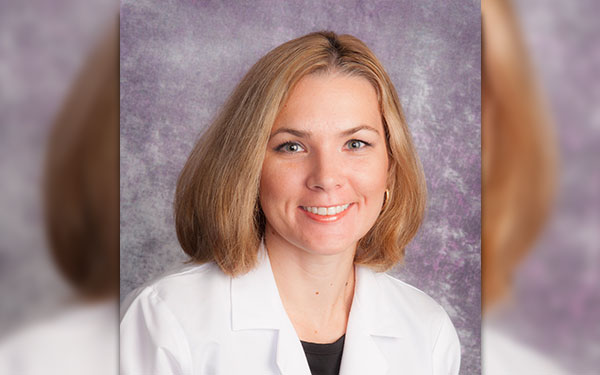
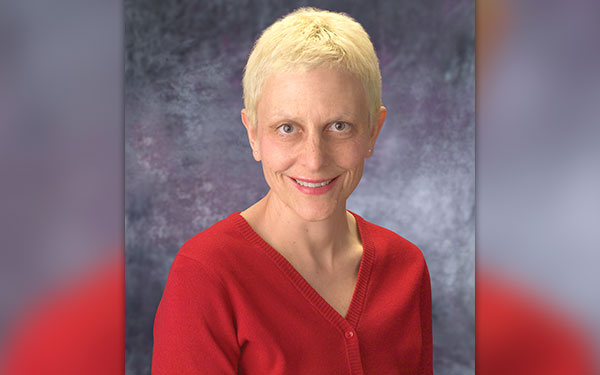
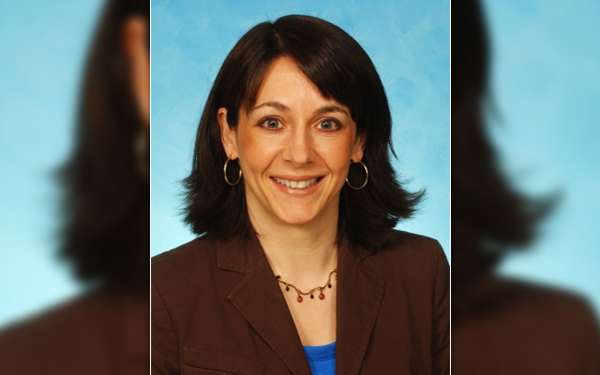
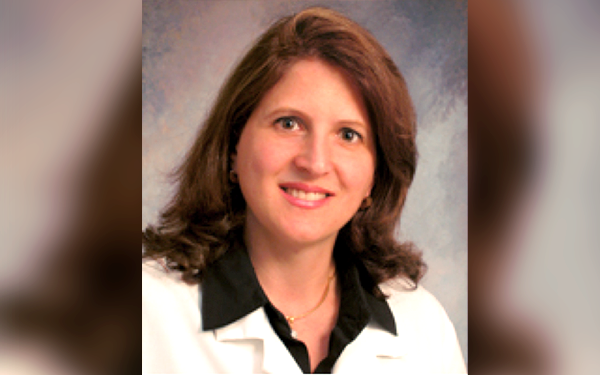
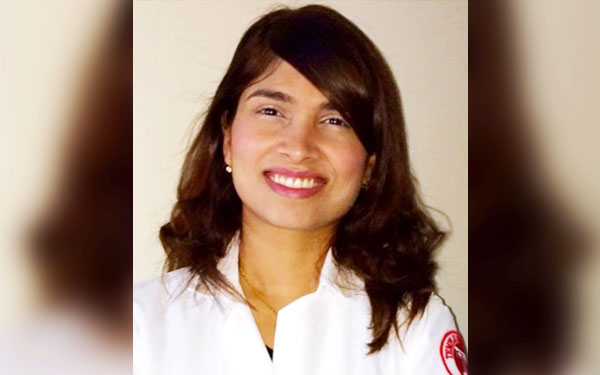
Interested in learning about Certification Process